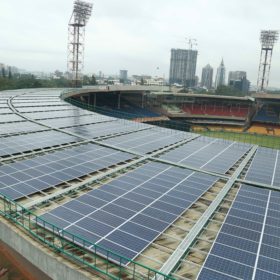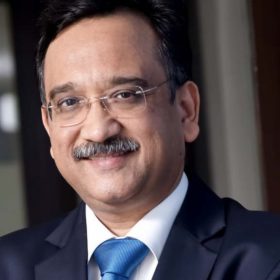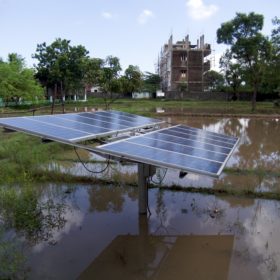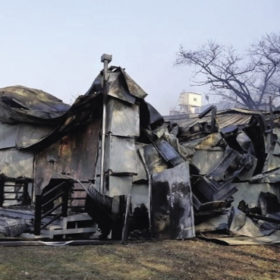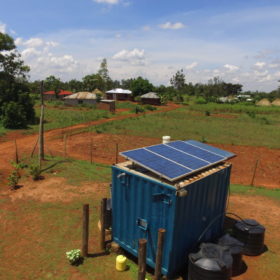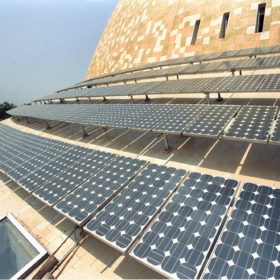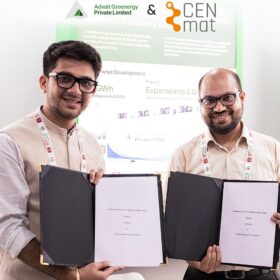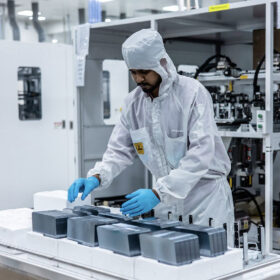Rajasthan set to take the solar crown in 2020
Norwegian analyst Rystad Energy has predicted the stop on PV tenders in Karnataka will see Rajasthan become India’s leading solar state this year. The market research firm expects India to add only 10 GW new solar in 2020, however, and the same figure in 2021.
‘India will add 14 GW of solar this year’
The annual global outlook report for solar published by IHS Markit notes there was no real uptick in the amount of new capacity added last year, compared with the returns seen in 2018. That is likely to kill any hope India has of overtaking the U.S. as the world’s second biggest solar market in 2020.
2020 Solar Match: Chasing the Target
While openers like SRISTI scheme for rooftop solar and KUSUM for farmland solar are likely to give a promising start, their implementation on the ground will determine our winning trajectory this year. Simply going by the connotation of 6 balls an over in the game of Cricket, this article looks at 6 factors that will push India to achieve its 2022 solar target.
Maharashtra retenders 1350 MW ground-mount solar projects
Ceiling tariff is revised to Rs 3.30 per unit for distributed solar projects that shall come up across 30 districts for giving day time power to agricultural consumers in the state. Individual project size is limited to 2-10 MW. Bidding closes on January 29.
Emissions, EVs and renewable energy: Reflections and outlook for India
India, one of the most diversified energy markets in the world, has recently become the lowest-cost producer of solar power. This reflects a steady and encouraging shift toward renewable power—a shift that’s in line with the targets set by the government. At the Climate Action Summit that was held earlier this year, Prime Minister Narendra […]
Uttar Pradesh govt aims to support 75 MW farmland solar plants in 2019-20
Under KUSUM scheme, the state government will help farmers in setting up an aggregate 75 MW capacity of grid-connected solar plants—in capacities of up to 2 MW—on their barren or cultivable land.
The long read: South Korea’s burning issue
The string of fires that shook up South Korea’s booming energy storage market throughout 2018 brought development to a screeching halt this year. Throughout the lackluster first half of 2019, manufacturers, installers and analysts remained cautiously hopeful that a government investigation into the fires might plant the seed for late-year market growth. However, another outbreak of fires in the months since the conclusion of the probe has shaken industry morale once again, snuffing out any lingering hopes for a quick recovery.
COP25: India calls for speedier expansion of International Solar Alliance
Launched in November 2015, the alliance aims to collectively address key challenges to the scaling up of solar energy in member countries that fall between Tropic of Cancer and Tropic of Capricorn. Out of 121 prospective member countries, over 83 have already joined it in a period of just four years.
Gujarat notifies guidelines for small-scale distributed solar projects
The state government’s Policy for Development of Small-scale Distributed Solar Projects 2019 allows any individual or company to set up solar plants in capacities ranging from 0.5 MW to 4 MW for sale of electricity to the DISCOMs.
India and German development lender to launch rooftop solar scheme
Program aims to drive down the cost of solar electricity to a maximum of Rs2.50/kWh in a nation where tariffs vary wildly from state to state.


